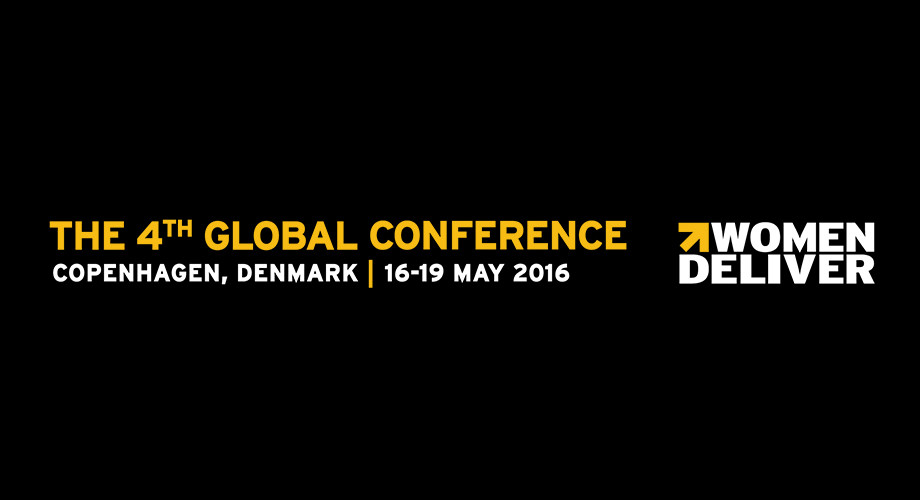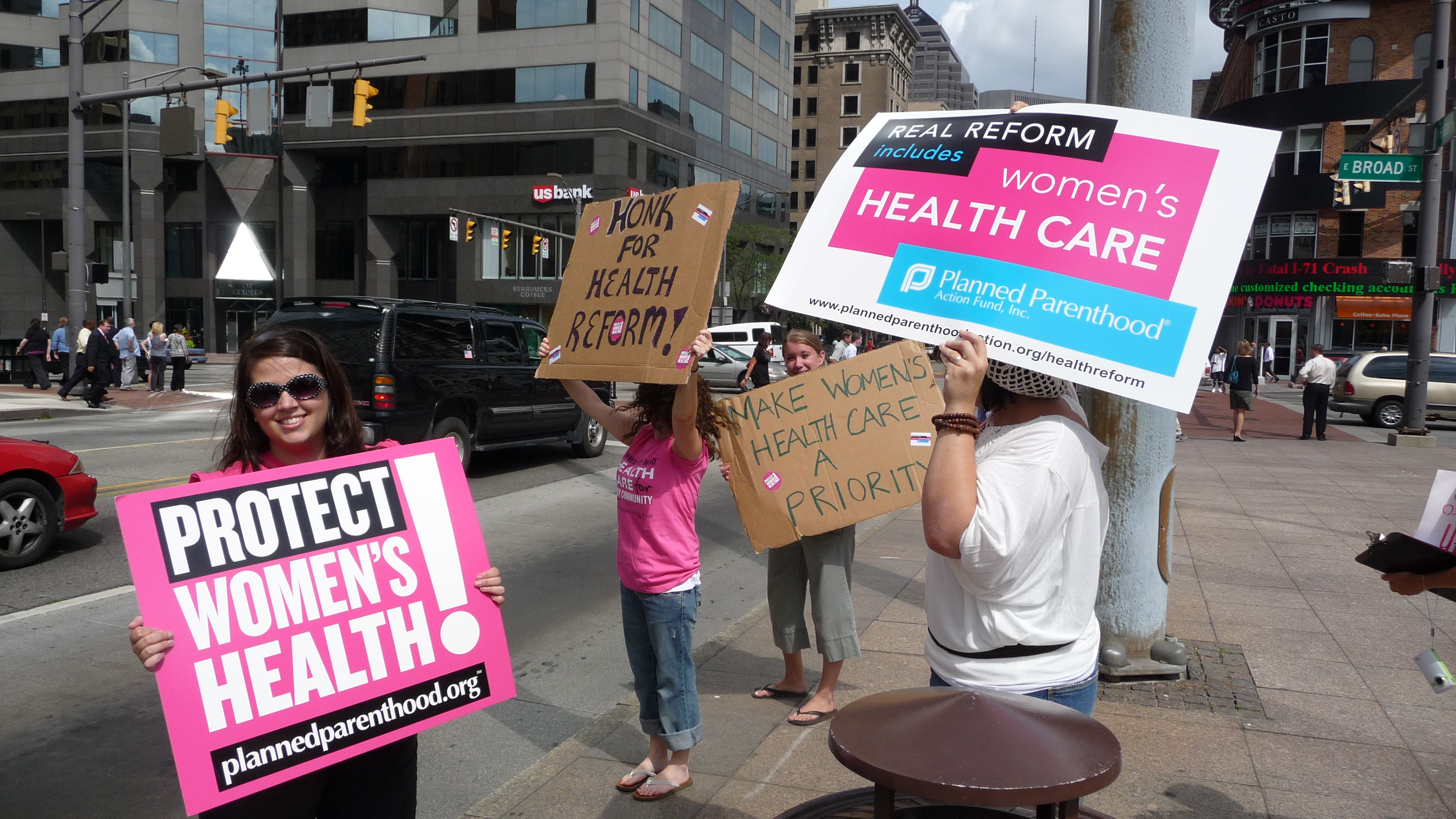Women Deliver, but we can deliver more for all women
 Conference Graphic via Women Deliver
Conference Graphic via Women Deliver
From May 16-19, Copenhagen held the largest conference on sexual and reproductive health rights and the advancement of the rights for women and girls in the last decade. Women Deliver gathered 5763 activists, educators, journalists, academics and others to discuss our new development framework (the Sustainable Development Goals) and some of the main issues women and girls are facing today.
Hundreds of speakers – from Hilary Clinton, Muhammad Yunus, Ban-ki Moon to the Crown Princesses of Denmark, Norway and the Netherlands – were present, discussing the development and promotion of women’s rights, participation and empowerment in the current framework. The eight Millennium Development Goals (MDGs) – which ranged from halving extreme poverty rates to halting the spread of HIV/AIDS and providing universal primary education, all by the target date of 2015 – form a blueprint agreed to by all the world’s countries and all the world’s leading development institutions. MDG 3: “Promote Gender Equality and Empower Women” was the goal that was determined to have advanced the least and in some regions, inequality has worsened. For instance, according to the MDG results report, “in Latin America and the Caribbean, the ratio of women to men in poor households increased from 108 women for every 100 men in 1997 to 117 women for every 100 men in 2012, despite declining poverty rates for the whole region”.
On 1 January 2016, the 17 Sustainable Development Goals (SDGs) of the 2030 Agenda for Sustainable Development officially came into force. Over the next fifteen years, with these new Goals that universally apply to all, countries will mobilize efforts to end all forms of poverty, fight inequalities and tackle climate change, while ensuring that no one is left behind. SDG 5 is reaching for gender-equality and SDG 10 is targeting inequalities within countries. Political and development leaders have to be serious about their commitments to ending inequality and addressing, particularly, the needs of women and girls of the most marginalized groups, such as ethnic minorities, LGBTI community members, people with disabilities, sex workers and more.
I was at the conference as a young leader and a panelist, and I was happy to see youth engagement being promoted in a very meaningful way. Youth representatives were present in each panel and they had a pre-youth conference, as well as specific events catered to youth priorities. I was also very happy to be able to see different regional perspectives on issues that are part of my work framework (gender-based violence), which I don’t see as often, such as female genital mutilation/cutting and access to abortion during conflict settings. As well as engaging in discussions on ending violence against women, as well as being a speaker on a panel of human trafficking as a systemic violence against women and girls.
It was great to hear from people and organisations from all over the world regarding their main challenges and best practices, and the ways they have found to move forward because we still have a long way to go. One of the biggest challenges of the event was the inclusion of marginalized groups, especially non-English speakers into to this broader conversation, which in my opinion, is one of the main challenges for development in general. Many people were denied visas to Denmark and many just couldn’t afford to be out of their daily jobs to be there. Global discussions are privileged spaces and we have to acknowledge and bring those issues to the table if we indeed want to keep the principle of “no one left behind”.
Kate Gilmore, Deputy High Commissioner of the UN High Commissioner of Human Rights, best summed the need for all of us to fight together for the benefit of ourselves as a society in her closing speech of the conference by saying, “my recognizing the rights that another has does not diminish those that I have. Any more than your recognition of my rights takes away from the rights you have. I don’t have to agree with you to uphold your rights and you don’t have to agree with me to respect mine. In fact, upholding rights for each of us to the exclusion of none of us is in the interests of all of us.”




